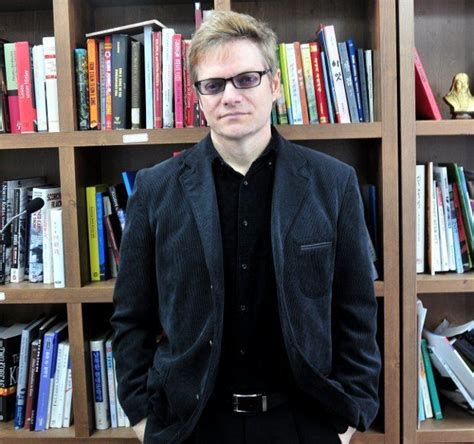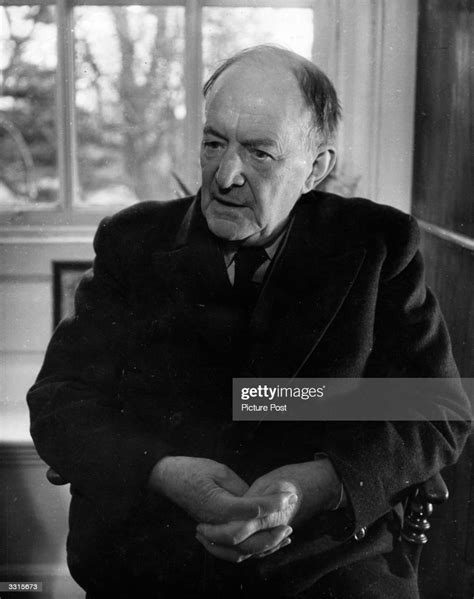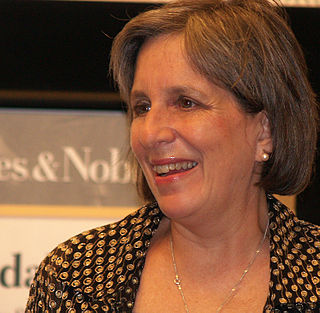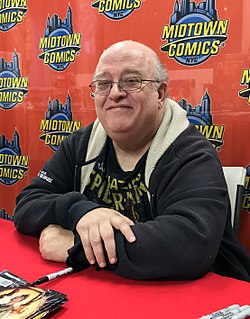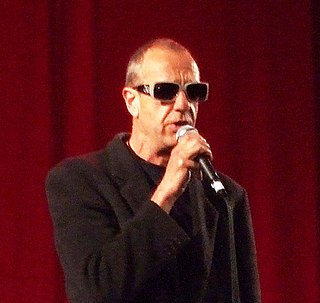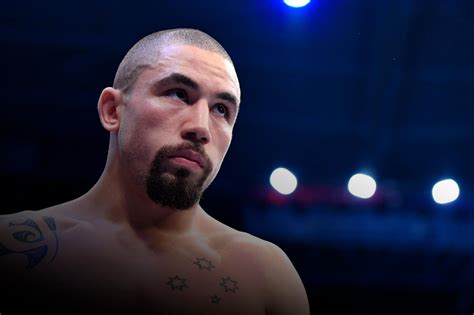A Quote by Brian Reynolds Myers
People used to expect literary novels to deepen the experience of living; now they are happy with any sustained display of writerly cleverness.
Related Quotes
It is hard to write a simple definition of something as varied as hacking, but I think what these activities have in common is playfulness, cleverness, and exploration. Thus, hacking means exploring the limits of what is possible, in a spirit of playful cleverness. Activities that display playful cleverness have "hack value".
I often say to my students in workshops that if they are trying to find literary inspiration, they should not go and read novels, because novels are more appropriate for series. Where as they should read short stories - that's the right format for you to be able to actually display the narrative in a film.
All I am in private life is a literary critic and historian, that's my job...And I'm prepared to say on that basis if anyone thinks the Gospels are either legends or novels, then that person is simply showing his incompetence as a literary critic. I've read a great many novels and I know a fair amount about the legends that grew up among early people, and I know perfectly well the Gospels are not that kind of stuff.
Whether as living humans or as mythological figures, ancestors have always played an important role in the African popular and literary imagination. Sometimes, as in Amos Tutuola's famous short novels, they directly influence events. More often, as in the works of Chinua Achebe, both living and dead ancestors are sages offering valuable advice.
